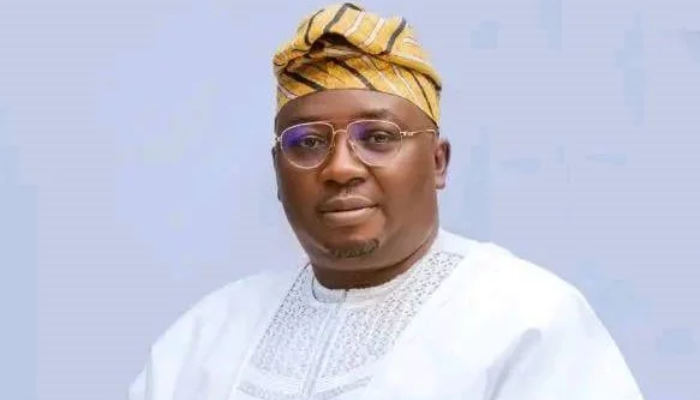Nigeria’s power sector is a key component of the nation’s economy. However, it is grappling with challenges as it navigates to 2025.

From power shortages to outdated infrastructure and the inability to meet increasing energy demands, the sector’s inefficiencies continue to hinder economic growth.
With daily power outages, especially in rural areas, and frequent grid collapses, businesses and households face deepening frustrations.
In spite of these challenges, there is renewed optimism for reform.
Government actions, such as strategic investments in renewable energy and infrastructure improvements, are expected to pave the way for a more reliable, sustainable power future.
The push for renewable energy which include solar, wind and hydropower, represents a positive shift toward diversification.
This will potentially reduce the nation’s dependency on fossil fuels and addressing environmental concerns.
In an interview on Sunday, January 26, 2025, Dr. Olukayode Akinrolabu, Chairman of the Customer Consultative Forum for Festac/Satellite Town, Lagos, emphasised the need for proper oversight and infrastructure investment.
He said these would help to guarantee the sector’s long-term success.
“The progress of the power sector could be hindered by corruption, inadequate monitoring, and the involvement of inexperienced personnel,” he said.
Akinrolabu called for thorough evaluations of Nigeria’s power generation and transmission systems, ensuring that every part of the value chain is scrutinised for effectiveness.
He also suggested that DisCos be allowed to directly manage their electricity allocations, improving operational efficiency and customer satisfaction.
“While some DisCos have made strides in customer service, others continue to face challenges with estimated billing and the need for infrastructure upgrades.
Akinrolabu advocated structural reforms that would empower DisCos to improve their service delivery, benefiting both businesses and consumers alike.
Also, Biodun Ogunleye, Lagos State Commissioner for Energy, underscored the importance of integrating renewable energy sources.
According to him, it is important to expand the nation’s transmission and distribution networks and invest in smart grid technologies to tackle grid collapses and inefficiencies.
Ogunleye also stressed the need for greater investment in gas infrastructure to provide a reliable power supply and reduce reliance on imports.
He noted a balanced energy mix, with solar, wind and hydropower prioritised alongside traditional energy sources to ensure a more sustainable and affordable energy future.
“The expansion of Nigeria’s transmission and distribution networks is another critical area for improvement.
“As demand for electricity grows, it is essential to invest in infrastructure and technology to enhance grid efficiency and minimise technical losses,” he added.
Ogunleye said that this expansion would require both public and private sector investments to succeed.
Meanwhile, Chinedu Bosah, National Coordinator, Coalition for Affordable and Regular Electricity (CARE), said that government’s focus on the privatisation of the sector had prioritised profit over long-term investment, leading to poor service delivery.
He said that, in spite of these hurdles, stakeholders in the industry remain hopeful that with the right investments and reforms.
According to him, the power sector can be transformed into a more reliable, affordable and sustainable system.
He said that, if successful, these reforms could lead to greater transparency, increased power generation capacity, and a reduction in grid collapses, ultimately supporting the country’s economic growth and development.
By Yusuf Yunus, News Agency of Nigeria
